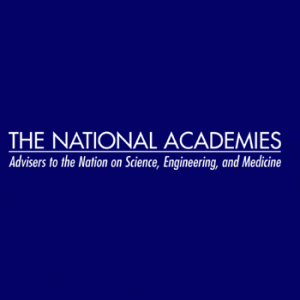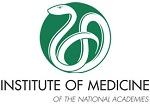The Institute of Medicine has released a new report Best Care at Lower Cost: The Path to Continuously Learning Health Care in America. The report identifies three major imperatives for change:
- the rising complexity of modern health care
- unsustainable cost increases
- outcomes below the system’s potential
For more information, see the articles listed below, or click here for the full Report: IOM Report
 WASHINGTON – America’s health care system has become too complex and costly to continue business as usual, says a new report from the Institute of Medicine. Inefficiencies, an overwhelming amount of data, and other economic and quality barriers hinder progress in improving health and threaten the nation’s economic stability and global competitiveness, the report says. However, the knowledge and tools exist to put the health system on the right course to achieve continuous improvement and better quality care at lower cost, added the committee that wrote the report. […READ MORE]
WASHINGTON – America’s health care system has become too complex and costly to continue business as usual, says a new report from the Institute of Medicine. Inefficiencies, an overwhelming amount of data, and other economic and quality barriers hinder progress in improving health and threaten the nation’s economic stability and global competitiveness, the report says. However, the knowledge and tools exist to put the health system on the right course to achieve continuous improvement and better quality care at lower cost, added the committee that wrote the report. […READ MORE]
 A new report from a panel of experts convened by the Institute of Medicine estimated that roughly 30 percent of health care spending in 2009 – around $750 billion – was wasted on unnecessary or poorly delivered services and other needless costs. Lack of coordination at every point in the health care system is a big culprit.
A new report from a panel of experts convened by the Institute of Medicine estimated that roughly 30 percent of health care spending in 2009 – around $750 billion – was wasted on unnecessary or poorly delivered services and other needless costs. Lack of coordination at every point in the health care system is a big culprit.
The panel cited studies showing that 20 percent of patients reported test results or medical records that were not transferred from one place to another in time for an appointment, requiring additional tests or visits. […READ MORE]
 America’s health care system has become far too complex and costly to continue business as usual. Pervasive inefficiencies, an inability to manage a rapidly deepening clinical knowledge base, and a reward system poorly focused on key patient needs, all hinder improvements in the safety and quality of care and threaten the nation’s economic stability and global competitiveness. Achieving higher quality care at lower cost will require fundamental commitments to the incentives, culture, and leadership that foster continuous “learning”, as the lessons from research and each care experience are systematically captured, assessed, and translated into reliable care. […READ MORE]
America’s health care system has become far too complex and costly to continue business as usual. Pervasive inefficiencies, an inability to manage a rapidly deepening clinical knowledge base, and a reward system poorly focused on key patient needs, all hinder improvements in the safety and quality of care and threaten the nation’s economic stability and global competitiveness. Achieving higher quality care at lower cost will require fundamental commitments to the incentives, culture, and leadership that foster continuous “learning”, as the lessons from research and each care experience are systematically captured, assessed, and translated into reliable care. […READ MORE]
